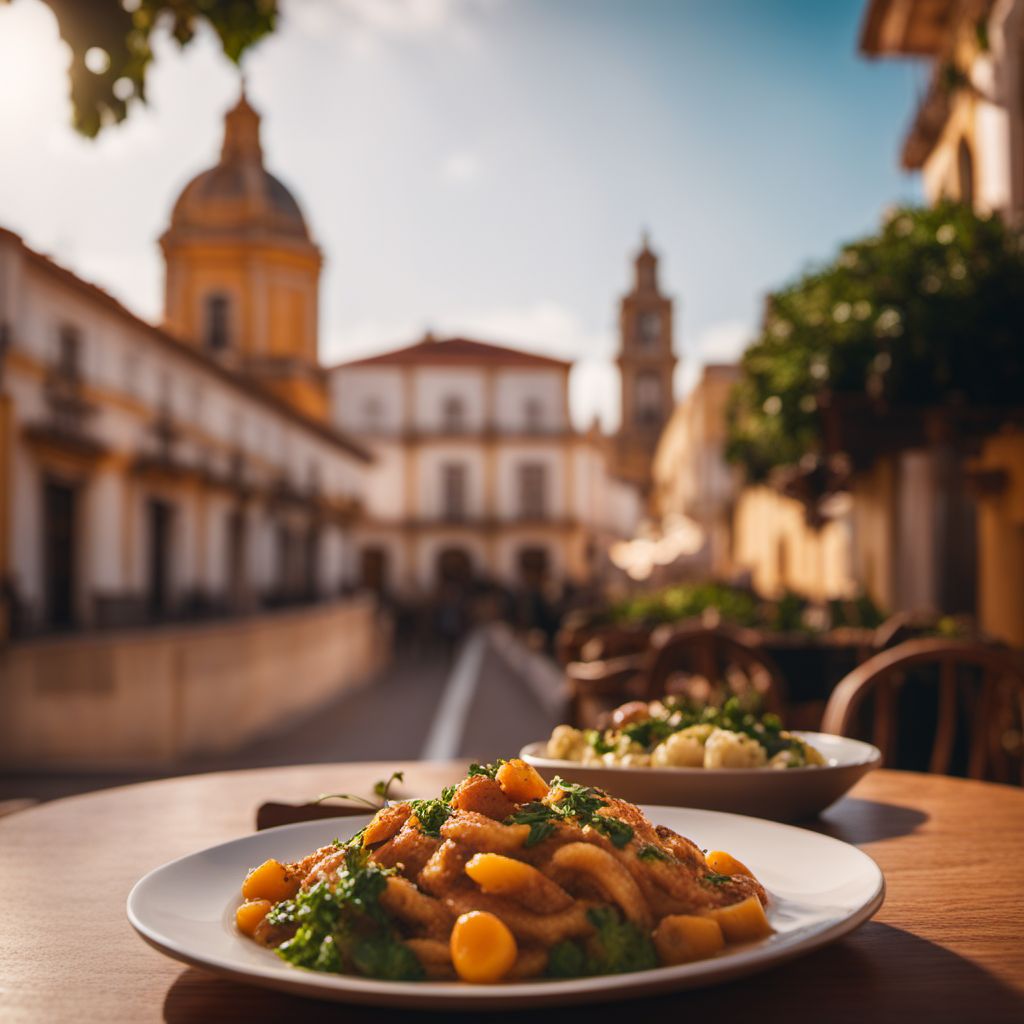
Cuisine
Portuguese cuisine
Portuguese cuisine is a regional cuisine from Portugal. It is known for its seafood dishes and use of spices. Portuguese cuisine is heavily influenced by the Mediterranean diet, which emphasizes the use of olive oil, vegetables, fruits, and fish. Portuguese cuisine is also known for its use of pork, which is a popular meat in Portugal.
Typical ingredients
Seafood, Pork, Vegetables, Fruits, Olive oil, Garlic, Tomatoes, Paprika, Cinnamon
Presentation and garnishing
Portuguese cuisine is often presented in an elegant and refined manner, with dishes served individually. Garnishes are often minimal, with a focus on the natural flavors of the ingredients.
Portuguese cuisine is also known for its use of traditional sweets, such as Pastel de Nata and Bolo Rei. These sweets are often served during festivals and special occasions.
More cuisines from this region...
Spanish cuisine, Italian cuisine, Turkish cuisine, Balkan cuisine, Maltese cuisine, Cypriot cuisine, Sammarinese cuisine, Gibraltarian cuisine
History
Portuguese cuisine has a long history dating back to the Roman Empire. The cuisine has been influenced by various cultures, including the Greeks, Arabs, and Moors. During the Age of Discovery, Portuguese cuisine became popular among the wealthy and was known for its use of spices and exotic ingredients. Today, Portuguese cuisine is known for its seafood dishes and use of spices.
Cultural significance
Portuguese cuisine is an important part of Mediterranean cuisine and is known for its seafood dishes and use of spices. It is also known for its wine, including Port and Vinho Verde. Portuguese cuisine has influenced many other cuisines around the world.
Health benefits and considerations
Portuguese cuisine is known for its health benefits, as it emphasizes the use of fresh and high-quality ingredients. The Mediterranean diet, which Portuguese cuisine is based on, has been linked to a reduced risk of heart disease, stroke, and other chronic diseases. However, some Portuguese dishes can be high in fat and calories, so portion control is important.
Portuguese cuisine dishes Browse all »

Pica Pau
Pica Pau is a popular Brazilian dish that is made with tender beef, onions, and peppers. It is typically served as an appetizer or snack and is perfect for sharing with friends...
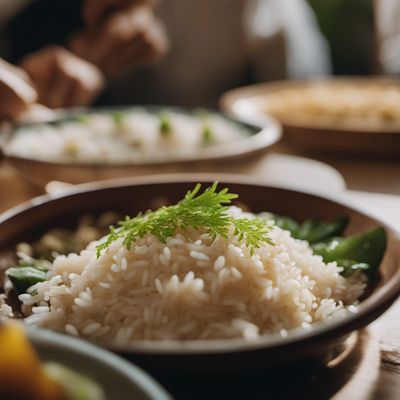
Arroz de safio
Rice with Lizardfish
Arroz de safio is a traditional Portuguese dish that is made with pufferfish and rice. It is a unique and flavorful dish that is perfect for a special occasion or a family...

Pão de Ló de Ovar
Ovar Sponge Cake
Pão de Ló de Ovar is a traditional Portuguese sponge cake that originated in the town of Ovar. It is a light and fluffy cake that is perfect for any occasion.

Portuguese Sweet Bread
Portuguese Sweet Bread is a traditional bread from the Azores, a group of islands off the coast of Portugal. It has a slightly sweet taste and a soft, fluffy texture.
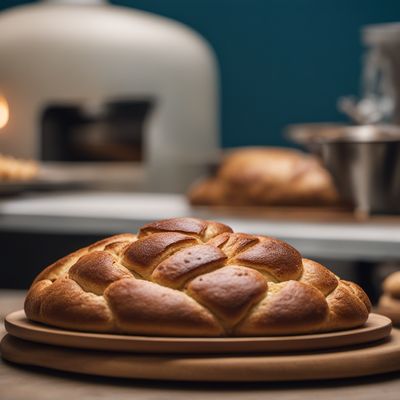
Folar de Chaves
Folar de Chaves is a traditional Portuguese bread that is known for its unique texture and flavor. It is made using a combination of wheat flour, water, salt, and yeast, and is...
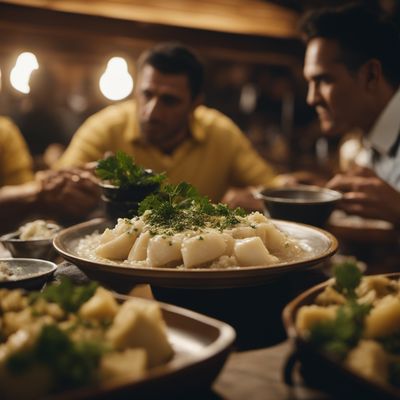
Bacalhau à Zé do Pipo
Codfish Zé do Pipo
Bacalhau à Zé do Pipo is a traditional Portuguese dish made with salt cod and mashed potatoes. It is a hearty and comforting dish that is perfect for a cold winter evening.

Tareco
Tareco is a traditional Brazilian cookie that is made with cornmeal and flavored with coconut. It's a crunchy and sweet cookie that is perfect for a snack or as a dessert.

Bolo mimoso
Mimoso Cake
Bolo mimoso is a traditional Brazilian cake that is light, fluffy, and delicious. It is a perfect dessert for any occasion.
Portuguese cuisine recipes Browse all »

Queijo de Figo with Almonds and Honey
Fig Cheese Delight: A Sweet and Nutty Portuguese Delicacy
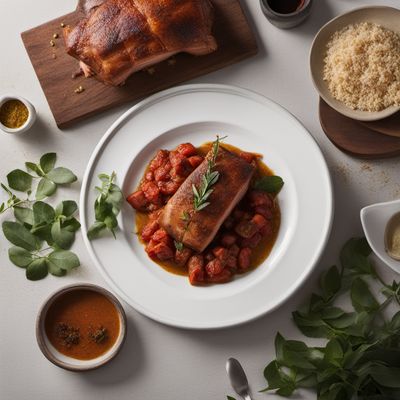
Roasted Bairrada Suckling Pig
Crispy Delight: Roasted Bairrada Suckling Pig

Portuguese Tomato Soup
Sun-Kissed Tomato Delight
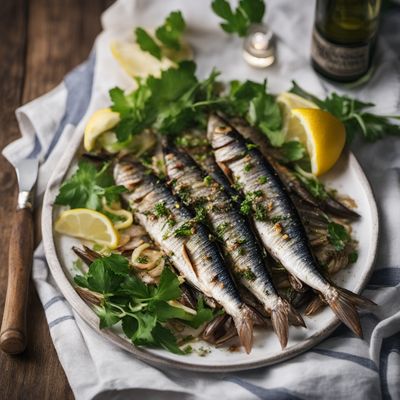
Grilled Alimados Sardines with Lemon and Garlic
Sizzling Portuguese Delight: Grilled Alimados Sardines with Zesty Lemon and Garlic

Xerem de Festa with Spiced Shrimp
Savor the Flavors of Portugal with Xerem de Festa and Spiced Shrimp

Crispy Portuguese Corn Fritters
Golden Delights: Crispy Portuguese Corn Fritters

Portuguese-style Cornbread
Savory Cornbread Delight: A Portuguese Twist on Rieska
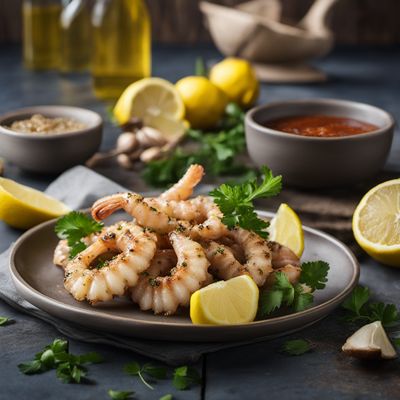
Grilled Calamari with Garlic and Lemon
Sizzling Portuguese Delight: Grilled Calamari with Zesty Garlic and Lemon
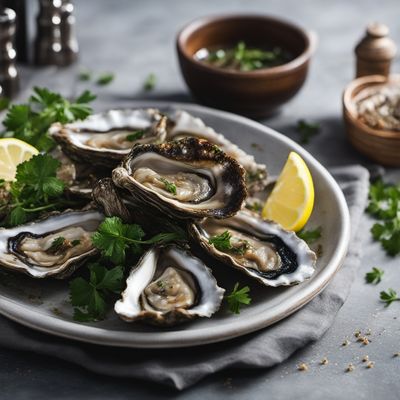
Grilled Portuguese Oysters
Sizzling Sea Delight: Grilled Portuguese Oysters

Portuguese Linseed Octopus
Oceanic Delight: Portuguese Linseed Octopus

Portuguese Honey Cakes
Golden Delights: Portuguese Honey Cakes
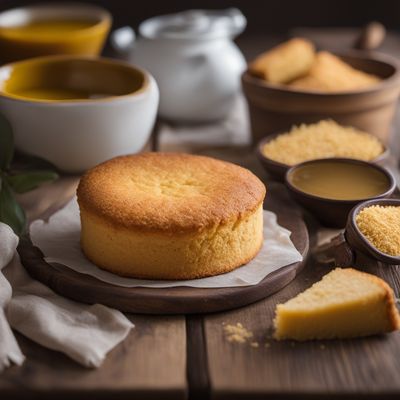
Portuguese Cornbread (Broa de Milho)
Golden Crusted Portuguese Cornbread: A Taste of Portugal's Rich Culinary Heritage